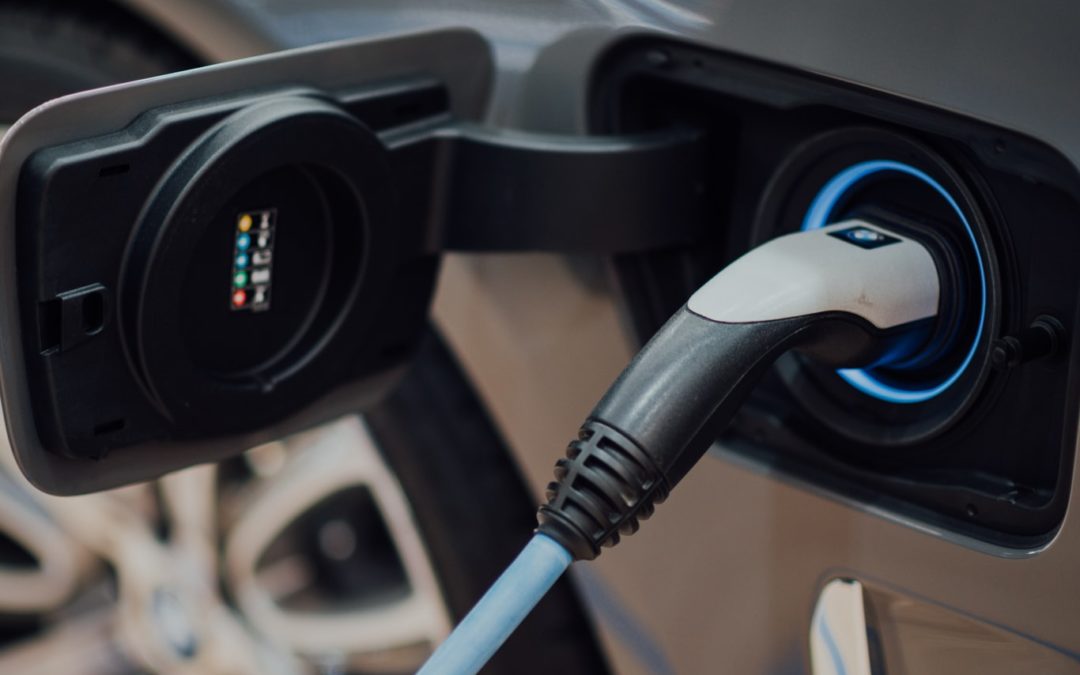Our writing world is facing another crisis, and it’s not Brexit.
While Governments, interest groups and manufacturers talk up and talk down the possibilities, probabilities, likely or unlikely events surrounding 31 October, I’m looking further ahead. What are we going to do about the latest industrial revolution – electric vehicles?
We survived the fuel shortages of the 70s, have coped with the arrival of the computers, took on the challenge of social media and accompanying decline in print sales but now face the demise of petrol and diesel vehicles.
The arrival of electric vehicles is arguably the biggest influence on our livelihoods for several reasons.
There are going to be less models to review and write about, the technology will be shared so the powertrains will be very similar under different badges, the emphasis is less likely to be on performance, except range, and more on what and how other technologies such as connectivity and e-mobility fit into the cars and vans of tomorrow.
But there is another more fundamental issue for motoring writers to consider: How do you ensure you can charge them? I am not talking about public charging, which is itself very controversial as I have recently discovered, but the more mundane matter of home charging.
Now a private individual with a particular brand of electric car will possibly have or acquire a charge point to suit their vehicle.
But what if you like most muttering rotters frequently change cars and are faced with a range of charging options and even hardware to make the connections? You may be fine if you’re landed gentry with a country estate so the charging is sorted by your stable-lads, or you have a driveway adjacent to your home & office and can install a charger, but I can see issues where writers live in apartment blocks or on streets with a pavement between them and the road. Trailing cables and lack of spaces are obvious issues.
Then there is the installation charge for a power point. I have learned that some suppliers install chargers free, but then make an exorbitant charge for the heavy duty wiring to your mains box and even insist on uprating your wiring to comply with latest safety standards.
You don’t want to set your 500 year old thatched cottage on fire but there is a line which has to be drawn, and that’s raising the issue of costs.
I have seen quotes for over £2,000 for supplying and fitting an electric charging point – just one. Now I have discovered that some independent electricians who have to meet strict fitting standards for the inspection, fitting and testing of equipment are quoting about half that figure. So someone is making a lot of money out of the move to saving the environment.
Whether it’s £1,000 or double that, the cost can be prohibitive to a freelance writer who has to wait for that to be reclaimed as a business expense, but there is also the practical issues of whether or not a writer lives or works in a place where the connection can be created.
The more affluent among us may have a need to charge two cars almost simultaneously including a “family” car, so that will mean careful power management of a single unit, or two chargers. The normal domestic charging circuit will take very many hours to “fill” an electric car but it’s not impossible, just slow.
So, I can see the time approaching in the next decade when for reasons for physical location and cost that some current (sic) writers will be forced to shut down or confined to using a diminishing pool of petrol and diesel cars or vans, or refocusing their fine words around classic combustion cars and used models, that is if fuel supplies continue and they are not punitively punished and taxed.
And don’t start me on hydrogen, that’s for another time.
Photo by CHUTTERSNAP on Unsplash
Robin is the longest serving chairman of The Western Group. He's been vice chairman or chairman for over ten years and oversees the annual Western Group PR Driving Day each summer assisted by the group committee and supported by group members.
He contributes to a number of outlets in Wales and the UK, including the Driving Force editorial syndication agency feeding the biggest regional news and feature publishers in Britain.
Robin specialises in the Welsh automotive sector and motor related businesses with interests in Wales and publishes WheelsWithinWales.uk which covers news, features, trade and motor sport in Wales.

